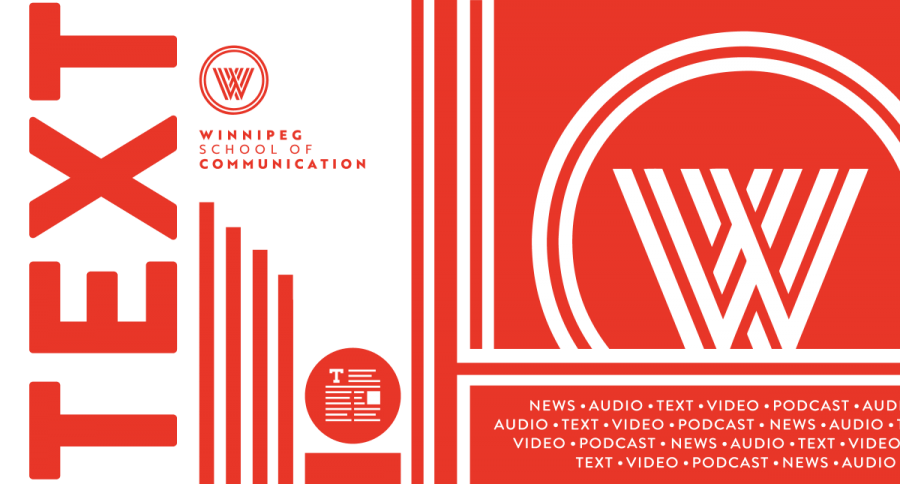
The Poetic Uses of Criticism
I have found that a great way to explore whether or not I really understand something is to try to explain it to someone else. Recently, I had an epiphany—an experience of sudden and striking realization. I don’t have them very often, but if you’ve had one, you’ll know that it is one of life’s joys. Please allow me to tell you about this one. T.S. Eliot, the famous English poet, once wrote:
The chief use of the “meaning” of a poem, in the ordinary sense, may be (for here again I am speaking of some kinds of poetry and not all) to satisfy one habit of the reader, to keep his mind diverted and quiet, while the poem does its work upon him: much as the imaginary burglar is always provided with a nice piece of meat for the house-dog.1
Marshall McLuhan, author, educator, appropriated and repurposed that statement among many others in his well-known book Understanding Media: The Extensions of Man,2 “For the “content” of a medium is like the juicy piece of meat carried by the burglar to distract the watchdog of the mind.”3 I am not sure when I first came across that bit about content being a “juicy piece of meat carried by the burglar to distract the watchdog of the mind,” but it was at least ten years ago. More likely it was about twenty years ago when I first tried reading Understanding Media. It was only quite recently that I finally felt I understood it.
What does “while the poem does its work upon him” even mean? What work can a poem be doing? The “aha” moment occurred when I took a little leap and instead of reading the word “poem,” I substituted it with the word “medium.” Which resulted in the realization that the medium must distract your attention while it does its work. It then all made sense to me, and in a wonderfully pleasant way. I believe I did smile because I know that when McLuhan talks about the work of a medium, what media do, he’s talking about the effects of technology.
The opening McLuhan quote comes from the first chapter of his 1964 ground-breaking book Understanding Media: The Extensions of Man. In the first chapter, titled “The Medium is the Message,” he explains what that pithy quote means several times over. He was restating the Eliot quote to make it obvious, and I totally missed it before. I believe the “juicy piece of meat” quote is another way of stating that the medium is the message. Another important statement that McLuhan made in Understanding Media is the following:
In operational and practical fact, the medium is the message. This is merely to say that the personal and social consequences of any medium—that is, of any extension of ourselves—result from the new scale that is introduced into our affairs by each extension of ourselves, or by any new technology. For the “message” of any medium or technology is the change of scale or pace or pattern that it introduces into human affairs.4
McLuhan is talking about consequences and change. But more specifically he is talking about effects. My father once explained to me that what made McLuhan’s theory of communication stand apart from the others was that McLuhan’s theories are based on transformation (the effects of technology on people and societies), and the conventional approach only focuses on transportation (how information moves here and there, as typified in the Shannon-Weaver5 model).
Sentences are shrinking—the way we express things is changing—because of our use of contemporary media
The “work” in question, is the work which media do to change the way we interact with each other, the way societies function, and the very nature and operation of our brains and senses. For instance, the car and the highway made suburbs possible. Not until then was it possible for large groups of people to live outside the cities that they worked in and commute back and forth daily. If there were no cars, there would be no highways, which also means there would be no suburbs. Smart phones have, and are, changing the way we associate with each other as well. Face to face communication skills are deteriorating, attention spans are shrinking and being compressed. Sentences are shrinking the way we express things is changing—because of our use of contemporary media. And all of this happens while we are otherwise occupied. While we are drooling over all those enticing cuts of meat.
It is helpful, and I think fascinating, to keep in mind that Marshall McLuhan was an English professor who studied and taught literature and poetry. All his work in media was influenced by this solid foundation in poetry and literature. Here, in his typical fashion, he has taken something from literature and used it to explore media.
